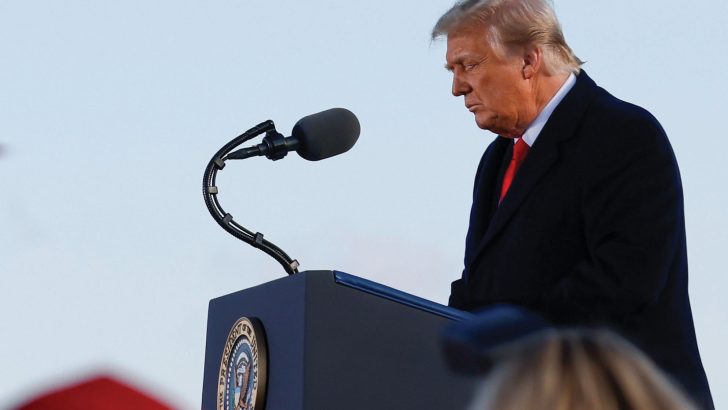President Donald Trump’s new policies concerning undocumented immigrants have been causing shock and outrage among many in Latin America. The region’s Church is one of the institutions currently trying to figure out how such changes will impact its work and is establishing strategies to deal with them.
The new US president’s pledge to promote “mass deportations” and the scandalous ways his administration has been enforcing his policies were received with criticism in Latin American countries.
Latin American bishops like Archbishop Roberto González Nieves of San Juan, Puerto Rico, and Archbishop José Domingo Ulloa Mendieta of Panama City, emphasised that the new US immigration policies should consider the needs and the rights of the immigrants. Archbishop Ulloa said that the new rules will transform the borders into “human dams.”
A high number of Catholic groups work with migrants in Latin America. Not only congregations like the Scalabrinians, whose charism is precisely to assist refugees and immigrants, promote actions to help people crossing the region towards North America. Orders like the Jesuits and the Verbites also keep temporary shelters and refectories along the way, as well as numerous parishes, dioceses, pastoral ministries, and Caritas organisations.
One of the recent initiatives aiming develop strategies to deal with the new situation was an online meeting promoted by Red Clamor (Latin American and Caribbean Ecclesial Network on Migration, Displacement, Refuge and Trafficking in Human Beings), which gathers dozens of Catholic groups, on January 31. More than 100 people discussed the challenges posed by Trump.
“The new measures’ impacts are manifold. They menace people now traveling to the US, people who have been living there for decades, and institutions that directly or indirectly receive money from the US,” Bishop Eugenio Lira of Matamoros, Mexico, who heads the Mexican Human Mobility Pastoral Ministry, told Crux.
In the opinion of Fr Conrado Zepeda, a Social Science professor at the Ibero American University in Puebla who headed the Jesuits’ migration and refugees service for years in Mexico, the Latin American Church is “on the immigrants’ side, more than ever.
“More conservative parishes or groups that didn’t have any work connected to immigrants have been launching initiatives over the past few years, thanks to Pope Francis’s insistence on that theme. The Latin American Church is almost unanimous now in that regard,” he said.


 President Donald Trump in Maryland Jan. 20, 2021. (CNS photo/Carlos Barria, Reuters)
President Donald Trump in Maryland Jan. 20, 2021. (CNS photo/Carlos Barria, Reuters) 